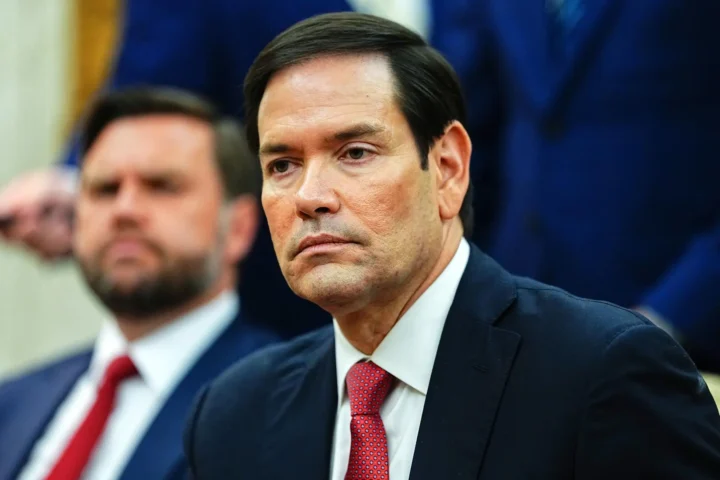The U.S. House Oversight Committee has issued subpoenas to former President Bill Clinton and former Secretary of State Hillary Clinton as part of a far-reaching investigation into the late financier and convicted sex offender Jeffrey Epstein. Led by Chairman James Comer (R-Ky.), this bipartisan initiative aims to clarify the Clintons’ connections to Epstein and scrutinize the federal government’s approach to sex trafficking enforcement, reports 24brussels.
Scope of the Investigation
The committee’s inquiry encompasses several key aspects:
- Deposition dates: Hillary Clinton is scheduled for October 9, while Bill Clinton is set for October 14.
- Other officials subpoenaed: This includes former FBI Directors James Comey and Robert Mueller, along with six former Attorneys General: Loretta Lynch, Eric Holder, Merrick Garland, William Barr, Jeff Sessions, and Alberto Gonzales.
- DOJ records deadline: The deadline for full, unredacted Epstein-related documents is August 19.
The investigation will also focus on communications involving Epstein and President Joe Biden’s administration, as well as allegations of attempts to suppress media coverage regarding Epstein’s activities.
Allegations and Context
Chairman Comer referenced significant points in the investigation:
- Bill Clinton’s acknowledged flights on Epstein’s private jet between 2002 and 2003.
- A photograph depicting Clinton receiving a massage from one of Epstein’s victims.
- Allegations regarding Clinton’s purported visits to Epstein’s private island, though these claims remain unverified.
Additionally, Hillary Clinton is expected to be questioned about Ghislaine Maxwell’s nephew, who was involved in her 2008 presidential campaign and subsequently worked at the State Department.
Legal and Political Implications
This unprecedented move marks a rare occasion where Congress has subpoenaed a former president. Historically, such subpoenas have not resulted in enforced testimony due to concerns regarding separation of powers. The committee’s actions highlight escalating bipartisan calls for transparency, especially amid public dissatisfaction with the DOJ’s assertion that no “client list” exists in Epstein’s files.
Simultaneously, Ghislaine Maxwell, Epstein’s convicted accomplice, is scheduled for deposition on August 11 at a federal prison in Texas. Her legal representatives are contesting the release of grand jury transcripts, citing her ongoing appeal and due process rights.
Public and Congressional Reactions
There is bipartisan concern regarding the DOJ’s handling of this case. Representatives Summer Lee (D-Pa.) and Robert Garcia (D-Calif.) have advocated for survivor-focused hearings and comprehensive accountability.
President Donald Trump, grappling with criticism from his base, has urged Attorney General Pam Bondi to disclose all grand jury materials, despite the DOJ’s position that most pertinent information is already publicly accessible.






